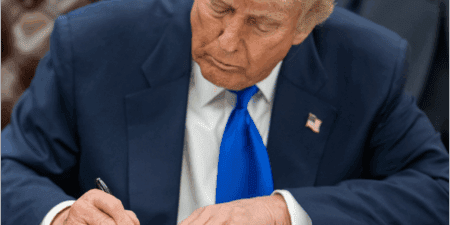BGA’s Malaysia team led by Managing Director Hazree Mohd Turee, wrote an update to clients on recent political developments in Malaysia. The update addressed the withdrawal of support for Prime Minister Muhyiddin Yassin from Malaysia’s biggest political party and key coalition ally and what this means for the country’s future outlook.
Context
The head of Malaysia’s biggest political party and key coalition ally withdrew its support for Muhyiddin. Ahmad Zahid Hamidi, president of the United Malays National Organization (UMNO), announced a withdrawal of support for Muhyiddin and his Perikatan Nasional (PN) ruling coalition.
The withdrawal of support came after a cabinet reshuffle designed to preempt efforts to undermine Muhyiddin. In the reshuffle, Foreign Minister Hishammuddin Hussein became a senior minister and Defense Minister Ismail Sabri Yaakob was appointed deputy prime minister – a move designed to prevent him from resigning.
Significance
Support for ousting Muhyiddin is far from universal within UMNO, but the concerns around pandemic management and the prime minister’s future are real. BGA understands that Zahid made his announcement without the full support of the party’s top leadership. Beyond Muhyiddin’s ouster, former premiers Mahathir Mohamad and Najib Razak have suggested other options including new bodies to manage Covid-19 or a version of an interim government.
The development sets the stage for moves to oust Muhyiddin and his political future remains unclear. While the Attorney-General has indicated that Muhyiddin remains premier for now, one event to watch in the coming weeks will be a potential no-confidence vote when Parliament reconvenes on July 26. Those pushing for Muhyiddin’s ouster within UMNO are confident that they have the numbers to triumph in a no-confidence vote, but it is unclear if enough individual members of parliament will actually cast their votes for this.
Implications
The current round of instability intensifies questions about a post-Muhyiddin Malaysia and the country’s landscape heading into the next election to be held before September 2023. Hishammuddin is thought to be Muhyiddin’s preferred successor if he steps down whether for performance-related matters or health issues, but it is unclear if he would assume this role. There also remains an outside chance that opposition leader Anwar Ibrahim could become prime minister, though this would be contingent on others following through on declarations of support.
For companies with an interest in Malaysia, the developments reinforce the country’s instability, which has already been affected by months of political infighting, a pandemic surge and government restrictions on certain economic sectors that disrupted supply chains and complicated the investment climate. This could also further incentivize government officials to focus more on short-term political gains rather than long-term policy planning.
The BGA Malaysia team will continue to keep clients on updated on new developments as they occur in the coming weeks and months. Questions or comments can be directed to BGA Malaysia Managing Director Hazree Turee at hturee@bowergroupasia.com.


























